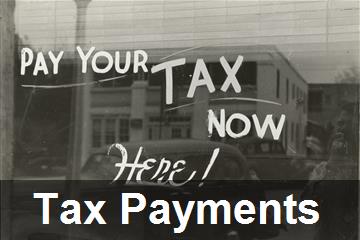
04 ott 2024
The legislative decree 87 of June 14, 2024, introduces a reduction in penalties for taxpayers who fail to pay taxes or pay them late.
The penalty for delayed or missed payments, previously set at 30%, is now reduced to 25%. This change applies to violations from September 1, 2024.
For delays not exceeding 90 days, the penalty is halved to 12.50%, and for delays up to 15 days, it is further reduced to 0.833% per day.
The decree also outlines the conditions under which the new penalty rates apply, including automated and formal checks by the tax authorities.

Overview of Penalty Reduction
The legislative decree 87, enacted on June 14, 2024, has introduced significant changes to the tax penalty system, specifically reducing the penalty for late or missed tax payments from 30% to 25%. This adjustment is aimed at easing the financial burden on taxpayers who fail to meet their tax obligations on time.Application of New Penalty Rates
The revised penalty rate of 25% applies to violations occurring from September 1, 2024, as stipulated in article 5 of the decree. For delays not exceeding 90 days, the penalty is further reduced to 12.50%. If the delay is no more than 15 days, the penalty decreases to 0.833% per day, calculated as one-fifteenth of 12.50%.Conditions for Penalty Application
According to article 13, paragraph 2 of the legislative decree 471/1997, the new 25% penalty is applicable in cases where a higher tax is determined following automated and formal checks. This penalty also applies to any instance of non-payment of a tax or its portion within the prescribed deadline, excluding taxes registered in the roll.Automated and Formal Checks
The tax authorities conduct two types of checks on taxpayer communications and declarations: automated and formal. Automated checks involve the automated liquidation of annual income, VAT, withholding tax, model 770, and IRAP declarations, as per articles 36-bis of DPR 600/1973 and 54-bis of the VAT decree (DPR 633/1972). Formal checks, on the other hand, are conducted under article 36-ter of DPR 600/1973 and involve a detailed review of the same declarations.Further Insights
- The reduction in penalties is part of a broader effort to encourage timely tax compliance and reduce the financial strain on taxpayers.
- The decree emphasizes the importance of automated and formal checks in ensuring accurate tax reporting and compliance.
Potential Opportunities
- Taxpayers may benefit from reduced financial penalties, encouraging more timely tax payments.
- The changes could lead to improved compliance rates and a more efficient tax collection process.
- Businesses and individuals might find it easier to manage their tax obligations with the reduced penalty rates.
